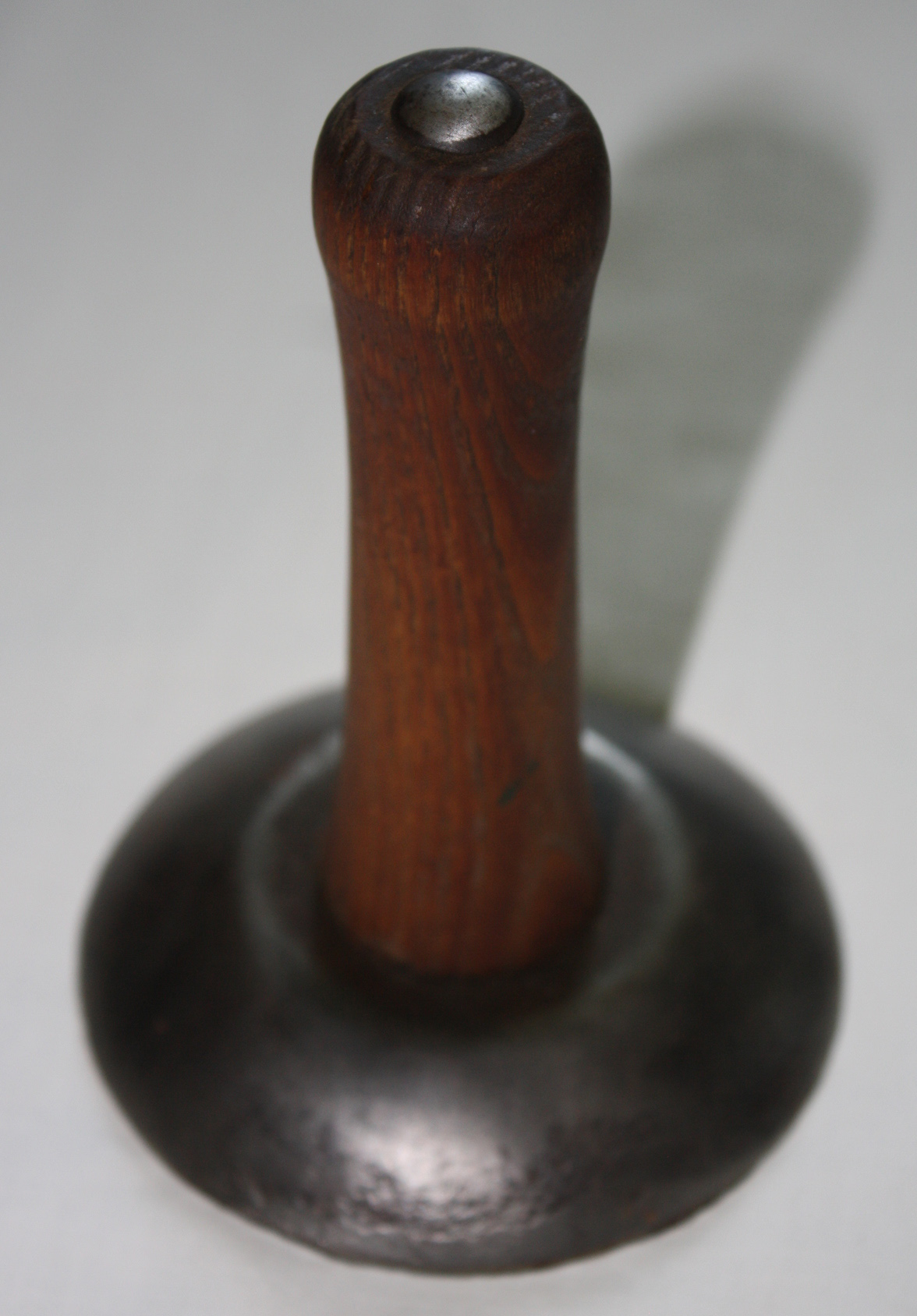About 20 years ago, my grandfather wrote a book about our family history. He had it printed, and as we unpacked at our new house, I came across that family story, neatly bound and stored amongst my set of office books. I later sat down with him to hear about one such experience contained in the book, and am now debating about eating that 150 pounds of pork in our freezer. (Ah, but I’d never let good meat go to waste!)
 Here are some excerpts from his book: Hogs were raised for family food and for market. Butchering was done in the late fall or winter so that the carcass could be chilled … The hog was scalded in the hot water; judgment was used in leaving it long enough to loosen the hairs in its skin but not long enough to cook the outside of the flesh … The innards were removed, with the heart, liver and small intestine saved for future use … Some of the meat was kept in salt brine in a wooden barrel; the bacon and some sausage was cured over a smoking hickory wood fire in a small closed building; some sausage patties were kept in a container of lard … The small intestines which had been saved were thoroughly cleaned and washed, turned inside out and washed again and soaked overnight in salt water. They were used as casings for some of the sausage that had been ground. Mother cooked the feet, removed the toenails and made pickled pig’s feet; the jowls of the head were made into jowl bacon … the brains were removed for a special treat.
Here are some excerpts from his book: Hogs were raised for family food and for market. Butchering was done in the late fall or winter so that the carcass could be chilled … The hog was scalded in the hot water; judgment was used in leaving it long enough to loosen the hairs in its skin but not long enough to cook the outside of the flesh … The innards were removed, with the heart, liver and small intestine saved for future use … Some of the meat was kept in salt brine in a wooden barrel; the bacon and some sausage was cured over a smoking hickory wood fire in a small closed building; some sausage patties were kept in a container of lard … The small intestines which had been saved were thoroughly cleaned and washed, turned inside out and washed again and soaked overnight in salt water. They were used as casings for some of the sausage that had been ground. Mother cooked the feet, removed the toenails and made pickled pig’s feet; the jowls of the head were made into jowl bacon … the brains were removed for a special treat.
Someone has said that when a farmer butchered a hog, he used everything but the squeal.
This makes me wonder: first, cooking with all that lard, how did people in the 1930s stay so thin? Second, how did they ever clean up the kitchen table after slapping hog halves down to be cut? And lastly, what kind of treat is brain?
This picture is a hog scraper, used to scrape the hair from the hog when butchering. I think I prefer eating great-tasting pork, and living with my ignorance of not knowing how it’s butchered. I’m going to pretend I didn’t read this part of the book.
Until our next history lesson …
